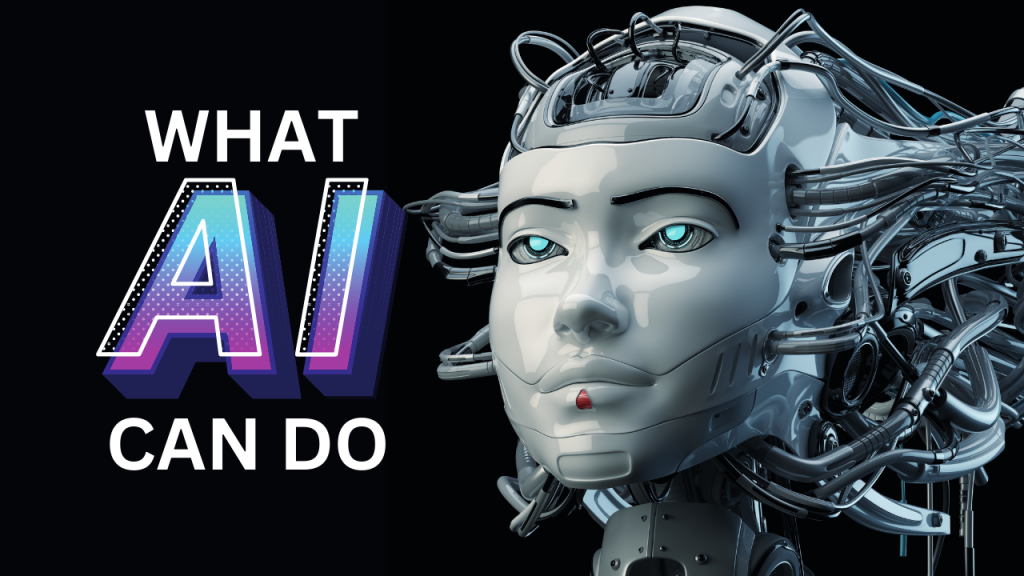Revolutionizing Coding, Testing, and Deployment in the Age of Artificial Intelligence

Artificial Intelligence (AI) is transforming numerous industries, and software development is no exception. From automating repetitive tasks to enhancing decision-making processes, AI is revolutionizing how software is designed, developed, tested, and maintained. This article explores the profound impact of AI on software development and what it means for developers and businesses.
AI in Software Development: An Overview
1. Automated Code Generation: AI-powered tools can now generate code snippets and even entire applications based on high-level requirements. These tools use natural language processing (NLP) to understand user instructions and produce functional code, significantly speeding up the development process.
2. Intelligent Code Completion: AI-enhanced integrated development environments (IDEs) like Visual Studio Code and IntelliJ IDEA offer intelligent code completion features. By analyzing the context of the code, these tools provide accurate suggestions, reducing coding errors and enhancing productivity.
3. Bug Detection and Fixing: AI can identify and fix bugs faster than traditional methods. Machine learning models trained on vast codebases can predict potential issues and suggest fixes, making the debugging process more efficient and reliable.
4. AI-Driven Testing: Automated testing tools powered by AI can generate test cases, execute tests, and analyze results more effectively. AI can also predict which parts of the code are most likely to fail, enabling targeted testing and reducing the time spent on quality assurance.
5. Enhanced Project Management: AI tools can optimize project management by predicting project timelines, resource allocation, and potential risks. This leads to better planning and execution of software projects.
Key Areas of Impact
1. Code Review and Optimization: AI systems can review code for adherence to best practices and performance optimization. They can suggest improvements in real-time, ensuring that the code is both efficient and maintainable.
2. Natural Language Processing: Tools like GitHub Copilot use NLP to understand the developer’s intent and provide relevant code suggestions. This capability makes coding more intuitive and accessible, especially for beginners.
3. Predictive Analytics: AI-driven analytics can predict software performance issues and user behavior patterns. This insight allows developers to proactively address potential problems and optimize the user experience.
4. DevOps Automation: AI can automate various aspects of the DevOps lifecycle, including continuous integration and continuous deployment (CI/CD). Automated monitoring and alerting systems can identify and resolve issues in real-time, ensuring smoother operations.
5. Custom Software Solutions: AI can assist in creating tailored software solutions by analyzing user requirements and preferences. This capability enables businesses to deliver personalized applications that meet specific customer needs.
The Future of AI in Software Development
As AI continues to evolve, its role in software development will become even more significant. Here are some potential future trends:
1. AI-Enhanced Collaboration: AI can facilitate better collaboration among development teams by automating communication and documentation processes. Virtual assistants could manage project tasks and schedules, ensuring seamless coordination.
2. Adaptive Learning Systems: AI systems that learn and adapt based on user interactions will provide more personalized coding assistance. These systems will continuously improve their recommendations, making development more efficient over time.
3. Ethical AI Development: As AI takes on a more central role, ensuring ethical AI development practices will be crucial. This includes addressing biases in AI models and ensuring transparency in AI-driven decisions.
4. Quantum Computing Synergy: The integration of AI with quantum computing could unlock new possibilities in software development. Quantum algorithms may solve complex problems faster, and AI can help in designing these algorithms.
Conclusion
The impact of AI on software development is profound and far-reaching. By automating repetitive tasks, enhancing decision-making processes, and improving code quality, AI is transforming how software is developed, tested, and maintained. As AI technology continues to advance, it will undoubtedly bring even more significant changes, driving innovation and efficiency in the software development industry.

